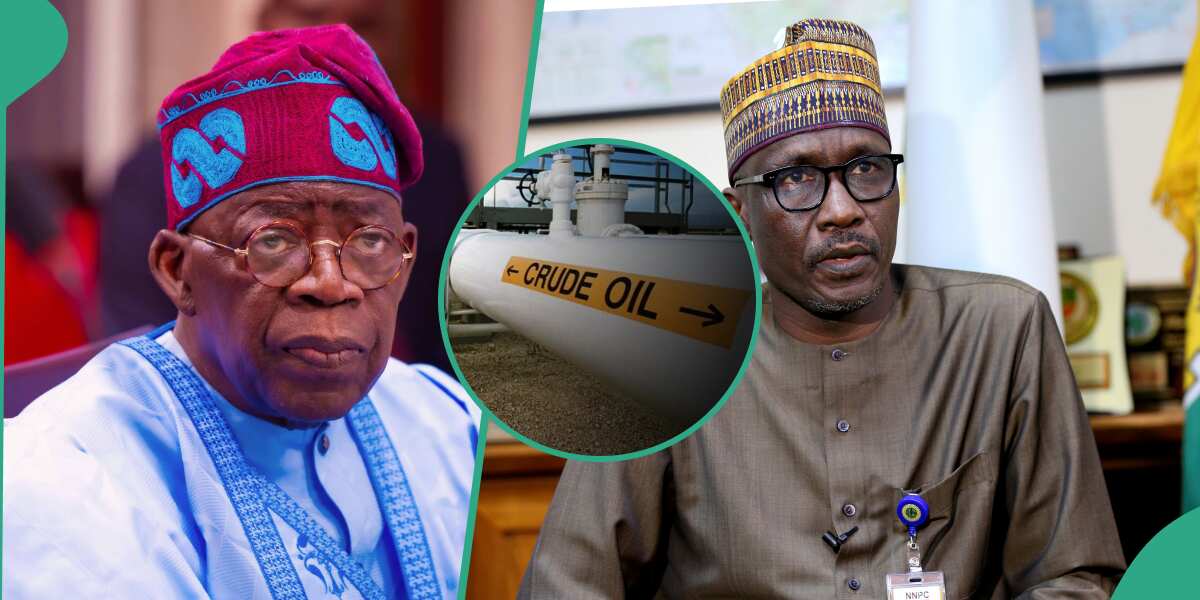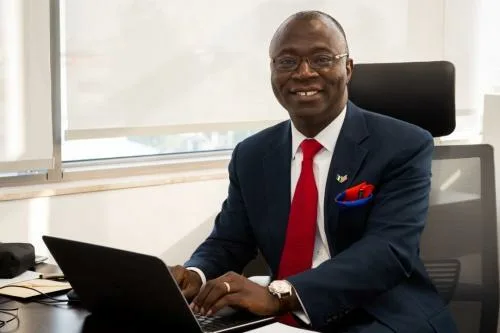GUARDIAN NG
With the masses and business owners scampering to share a meagre 3,500 megawatts load offtake in the Nigerian Electricity Supply Industry (NESI), President Bola Ahmed Tinubu may be starting on a very sluggish note in the power sector, despite the push by some stakeholders for a state of emergency.
With a politician as a minister in a sector that appears to have defied efforts of the best brains, and linked to a spiritual battle by one of the known star boys in the previous administration, Babatunde Fashola, there are indications that the nation’s electricity sector would be business as usual, if not worse under the Tinubu government.
Nigeria’s power sector, described by many as a kingdom of more tariff, less service delivery; where consumers pay fåor electric poles, metres, wires, transformers, and even oil for servicing of transformers, the suffering masses, including small businesses and manufacturers may continue to pay about N876.6 billion yearly for unreliable electricity .
While this ugly scenario characterised the previous administration’s handling of the sector, Tinubu in his inaugural speech promised to prioritise the sector, but stakeholders, yesterday, lamented that thus far, the declaration remains without substance.
This is coming as key players have started to lobby the Tinubu government to look away from the 10-year review window due in the next two months over fears that most of the non-performing distribution companies and other investors may be rusticated.
Without concrete policy direction that would have given life to a recent law that would enable the generation and distribution of electricity by states and other investors, power generation, yesterday, stood at 4,500 megawatts, while only about 3,500 megawatts are being wheeled to end-users.
While Nigeria’s electricity grid demand was estimated at 17,556MW in 2020, and expected to grow to 45,662MW by 2030, gas supply shortage, transmission and distribution constraints, as well as, commercial challenges have kept consumers in perpetual darkness, with over 26 power plants currently dormant.
As of 2022, only nine electricity generation plants were active and accounted for 72.4 per cent of the total electricity generated within the period.
Between 2015 to 2022 (just about 10 years after privatisation), the distribution companies have only achieved 56 per cent of their expected capital expenditure.
While they were expected to invest N465 billion, they only invested N258 billion with the bulk of the investment happening only in 2021 primarily because of the Central Bank of Nigeria’s loan to the utility companies.
Similarly, the Transmission Company of Nigeria (TCN), according to a report by the Nigerian Electricity Regulatory Commission (NERC) has only been able to meet 28 per cent of its expected capital investments from 2013 to 2020, as it invested N181 billion instead of N655 billion.
With mass metering programme, especially the latest intervention of the World Bank in limbo, about seven million consumers are at the mercy of arbitrary billing, despite initial promises that the service-based tariff would lead to transparency in the billing system .
Renowned energy scholar and Executive Director of Emmanuel Egbogah Foundation, Prof. Wunmi Iledare said that the repeated promises without concrete actions to fix the power sector now constitute a syndrome.



Connect with us on our socials: